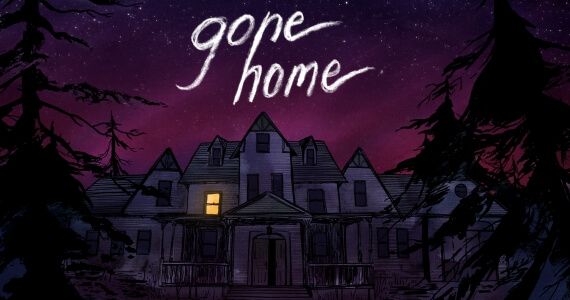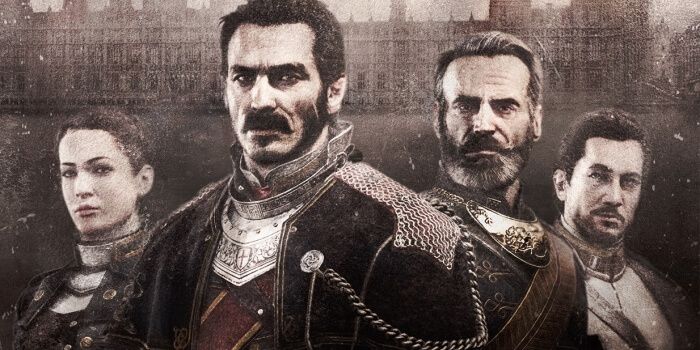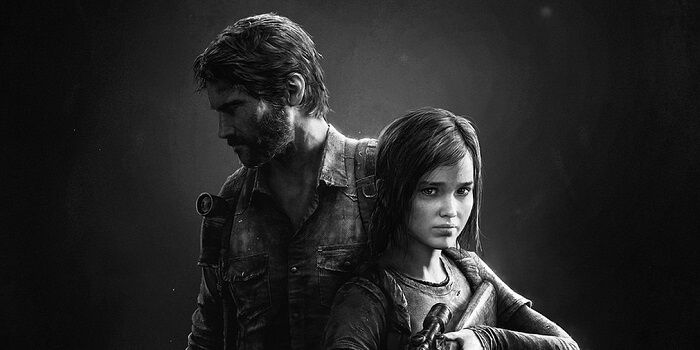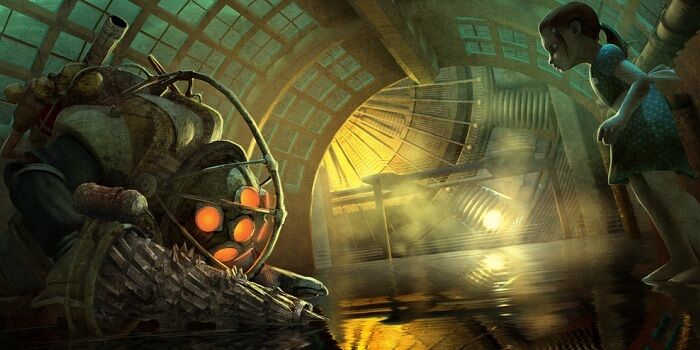A few days ago, a rumor began circulating that The Order 1886's campaign was only five hours long. This rumor sparked discussion among gamers about the ideal length of a video game, and whether or not the length really matters in the end.
After seeing gamers' opinions online, we decided to pose this question to our writers for a Game Rant Asks post. We wanted to find out what some thought of when posed questions like what is the ideal length of a video game, or what part does game length play when determining a game's overall quality and worth? That also led into talk of if there is a certain completion time that works best, or if there are other aspects to a game that are more important than how long it takes to beat? A few members of our team have taken the time to share their thoughts and opinions on the subject below. Here's what some Game Rant staff writers had to say:
-
Boston Blake
For me, quality is far more important than quantity. I would much rather play a five-hour game with an amazing story, beautiful graphics and a killer soundtrack than a 20-hour game that lacks in those areas. In fact, I think I would end up spending more time in that five-hour game than the 20-hour one because of the difference in quality.
That being said, the ideal length of a game is whatever it needs to provide a compelling story and fulfilling experience to me. I've discovered that both short and long games can fall short of their potential - so my focus is instead on the quality of my experience while I play the game. One of my favorite games of all time, for example, was The Last of Us. In my mind, that game did everything perfectly: offered an incredible story, delivered wonderful gameplay, featured interesting characters and was long for me to get a full experience. That game has become the standard in my mind for what makes a great video game.
Same goes for games that focus on multiplayer, like Call of Duty or Battlefield. As long as the multiplayer is engaging, fun and provides plenty of opportunities for progression and balance, it's worth it to me.
-
Denny Connolly
In the world of compelling story-telling, the second act is king. Sure, we get hooked in by how well the conflict is set up in act one and we find resolution in act three, but all the action that keeps us playing, reading, or watching goes down in the middle. There’s a reason Empire Strikes Back is everyone’s favorite, after all…
The problem with some video games, though, is that the second act gets stretched out a bit too thin, in order to ensure that players are getting their $60 worth of game time. By dragging out the second act of a game’s narrative, developers are able to deliver the amount of content they want a game to have, but too often the narrative takes a hit and starts to feel boring or repetitive by the time we reach the beginning of the end. Give me a tight narrative experience like Portal, BioShock, or The Last of Us any day, over a lengthier game that loses steam 15 hours in.
-
Robert Gordon
Personally, I think that there is no right or wrong length for a game. Instead, a game's perfect length varies based on what suits the particular story and world. Portal is hardly the length of War & Peace, but the content and story is tightly-wound and fits the universe Valve has created. Equally, Spec Ops: The Line’s campaign was barely eight hours long, but that merely meant that the story’s emotional impact was not dulled by repeating unnecessary gameplay sections. Put simply, sometimes it’s better for a linear narrative to keep it short and sweet than to outstay its welcome.
However, there is a limit to how far this extends, and a lot of it has to do with expectation versus reality. Not every game provides a story of the quality of Spec Ops: The Line or The Last of Us, but many publishers try to promote them that way. As such, complaints over story length are justified in many cases. After a series of strong, moderate-length campaigns, it was disappointing to see the diminishing returns in the Call of Duty series, for instance. If a single-player campaign is promoted as a key selling point, it had better be a worthwhile and deep investment.
-
Jasmine Henry
There is no hard or fast rule for how long a game needs to be. Nor should there be. As each game is created for different purposes - with different teams each having different goals for their game's story - we shouldn't impose a blanket idea across the market. Each Call of Duty may reach its crescendo in eight or so hours and Mass Effect may take 50 to get to the same emotional sweet spot, but if that's what they need and if that's what feels right then both are fine by me. Instead, what we should be asking is 'will this short (or long) game be value for the cost?'
If The Order: 1886's campaign last five hours and I'm assured that in that time it can make me cry or laugh or deliver on all of the bang shoot-y delights that developer Ready at Dawn has been promising for a while now, then I will be more than happy to pay. I won't write it – or any other game – off based on that factor alone because I know that small, brilliant experiences can be rewarding.
-
Jason Gallagher

I've never been a fan of the argument that a longer game means better quality, or a more worthwhile investment. I spent dozens of hours clicking every last item in the house in Gone Home, a game that can be completed in a couple hours if you want to. Some gamers say that Gone Home isn't a "real game" and cite how long it took them to beat it as evidence. But the only questions I ask when I'm deciding if a game was 'worth it' are, 'Did I have fun?' and 'Was that fun worth the price of admission?'
But don't get that last question confused. Even if a game is $40 to $60 and relatively short, I'm still okay with that as long as it was exciting or innovative. Heavy Rain, a popular game last generation, had potential for multiple playthroughs, but if you took most reviews at face value, you were told it was worth about six to 10 hours of gameplay. Heavy Rain cost about as much as many other top tier PlayStation 3 games when it first hit retail. It also won multiple Game of the Year awards, in spite of how short it is. So even if those debunked rumors about The Order: 1886 being five hours were true, I'd still be okay with that, as long as those five hours gave me an experience worth my time and money.
-
It's clear from the posts above that there are many other aspects to a game to consider when valuing its worth. Do you agree, or do you think game length is a more important part of the equation? Let us know in the comments!



